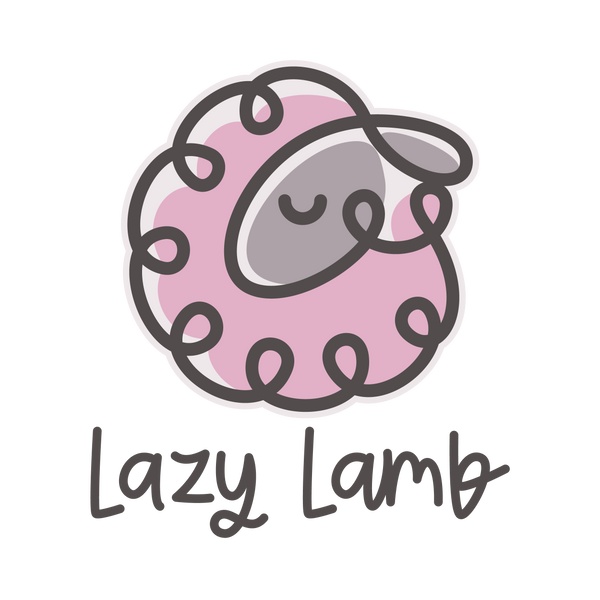Safety eyes and noses are one of many ways to add facial features to a plush toy. There’s just something I adore about a pair of round, shiny eyes on a plush. They add a sort of personality and realism that can’t be matched by many other materials!
What are safety eyes/noses? What makes them “safe”?
Safety eyes and noses are typically made of plastic, with a textured peg sticking out of the back. This peg is inserted into the plush and then a washer is snapped over it, which permanently holds the eye in place. While sew-on or glue-on plastic findings could be separated from the fabric by a determined child, safety eyes and noses would need to be physically cut out of the fabric to be detached and swallowed- making them safe for small children and generally more durable than their flat-backed counterparts.
How to use safety eyes
(This applies to noses and any other safety-type-finding as well, of course!)
To start, mark and cut a small hole in your plush where the center of the eye will be. It’s generally better to make this hole as small as possible- it can be widened, but not shrunk, and cutting it too large will render the eye useless. If you’re working with amigurumi your plush already has small holes by default, so you can skip this step!


Next, insert the peg into the hole, with the eye facing outwards


Now take the washer and flip the plush inside out, or at least poke the peg part of the eye out through the stuffing hole far enough that you have full access to the back of the eye. Insert the peg into the washer, grip the eye and washer however is comfortable (I like to use my thumbs and pointer fingers) and push the two together. You’ll hear a few clicks as it snaps over each raised bump on the peg. Press it in as close as you can given the thickness of your fabric.


Be sure not to catch any folded fabric between the washer and eye, and you’re done! Repeat this process as needed. When working with safety findings that you don't want rotating (like noses or non-round eyes) you can apply a small dab of fabric glue to the back of the nose/eye to hold it in position before snapping the washer in place.


